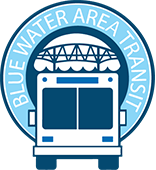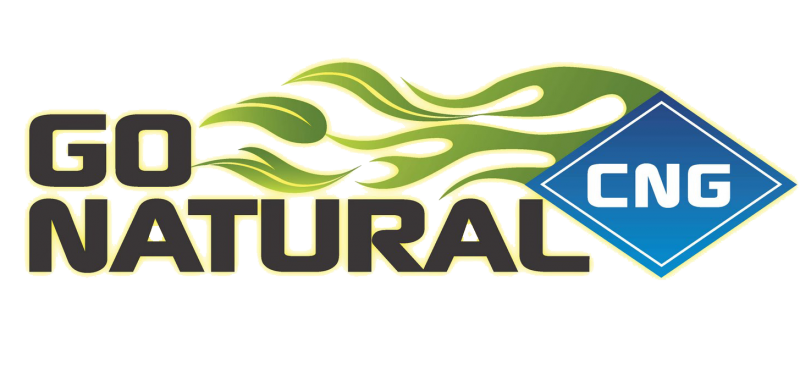New Michigan Tax on Compressed Natural Gas Sees Pump Price Go Up at BWAT Fueling Stations
Port Huron, Mich.
Blue Water Area Transit will increase the price of Compressed Natural Gas at its four public fueling stations on January 1, 2017, due to the start of Michigan’s new CNG fuel tax. The new tax will not affect BWAT bus fares. “Our price at the pump for CNG customers will increase from $2.30 to $2.57 per Gasoline Gallon Equivalent,” explained Dave McElroy, BWAT director of finance. “We also pay a federal CNG excise tax of 18.3 cents, which is not changing at this time.” CNG is a low-emission American-made alternative fuel that costs less and burns cleaner than either gasoline or diesel fuel. One GGE is equal to 5.66 pounds of CNG, which has the same energy content as one gallon of gasoline. Michigan’s new natural gas tax of 26.3 cents per GGE will be collected on road use of compressed and liquefied natural gas beginning next year on January 1. “Our four fueling stations help tourists plan where they can fill up CNG vehicles,” said Jim Wilson, BWAT general manager. “The stations also support BWAT’s effort to coordinate and consolidate non-profit transportation throughout the county.”
BWAT operates a CNG fueling station at its headquarters at 2021 Lapeer Avenue in Port Huron, Monday-Saturday, 7 a.m.–7 p.m. The agency also operates three CNG fueling stations that are open 24 hours a day, seven days a week. A Marine City station is located at 516 S Parker Street (M-29) in front of the Department of Public Works. A Capac station is located at 15041 Downey Road (Old M -21) near Capac Road and Allenton Collision. The third station is located at 1520 Hancock Street near Cawood Auto in Port Huron. The State of Michigan certified all four of BWAT’s public stations, where the agency accepts Discover, Master Card and VISA. BWAT has produced CNG since 1996. It is Michigan’s largest producer of compressed natural gas, with the largest fleet of alternative fuel buses in the state. After upgrading its system in 2013, the agency compresses natural gas at the rate of 1500 cubic feet per minute and produces 40,000 gallons of CNG per month.
“Our commitment to using and producing earth-friendly fuel benefits everyone in our community, even those who never ride the bus,” said Linda Bruckner, Blue Water Area Transportation Commission Board vice chair and Fort Gratiot Township trustee. “CNG contributes to cleaner air that we all can enjoy.” Michigan has 15 public CNG stations, out of a total of 960 in the United States, according to the U.S. Department of Energy.
Blue Water Area Transit is celebrating the sesquicentennial of public transportation service in the Blue Water Area, as well as its own start 40 years ago. William Pitt Edison (the older brother of the celebrated inventor Tom) started the local tradition of innovation 150 years ago. He started operating horse-drawn trolleys on several routes as the Port Huron & Gratiot Street Railway in 1866. The Blue Water Area became one of the nation’s first communities to operate electrified trolleys in the 1880s and then motor coaches in the late 1920s. Bus service started in 1927 and continued until an eight-year hiatus from 1968 to 1976. Since BWAT started publicly funded bus service in September 1976, the transit agency has carried more than 29 million riders.
# # # # #
RELEASED December 14, 2016

